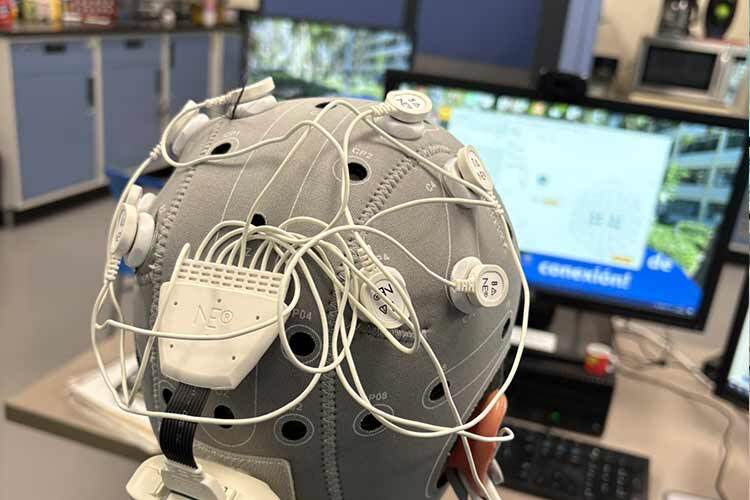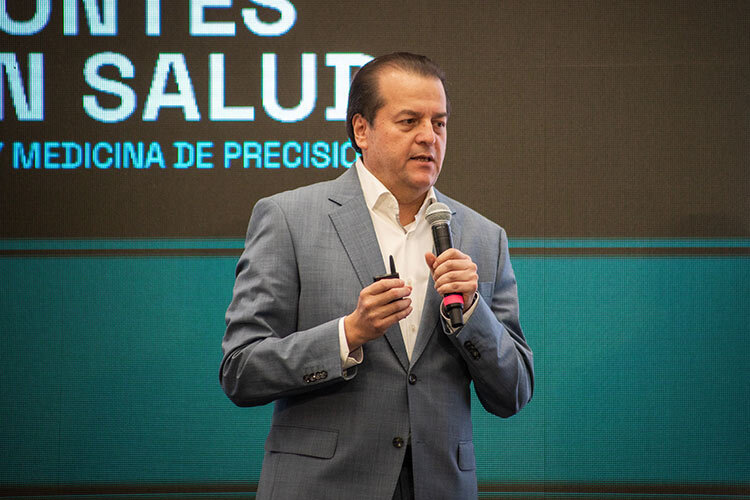The relationship between science and society is tremendously important: society needs science as a catalyst for social, economic, and political success while science lives off the resources, talents, and freedom that society puts at its disposal. Since understanding and fairly communicating threats and uncertainty are becoming increasingly important for science and society, science communication has a vital role to play in modern society.
As science increasingly touches daily life and the decisions of individuals and institutions and more people try to engage in science communication, it has monopolized a more significant part of public discourse than ever before. In this respect, for example, UNESCO has declared that:
“Science is the greatest collective endeavor. It contributes to ensuring a longer and healthier life, monitors our health, provides medicine to cure our diseases, alleviates aches and pains, helps us to provide water for our basic needs (including our food), provides energy, and makes life more fun, including sports, music, entertainment and the latest communication technology. Last but not least, it nourishes our spirit.
Science generates solutions for everyday life and helps us to answer the great mysteries of the universe. It has a specific role, as well as a variety of functions for the benefit of our society: creating new knowledge, improving education, and increasing the quality of our lives.
Science must respond to societal needs and global challenges. Public understanding of and engagement with science, as well as citizen participation, including through the popularization of science, are essential to equip citizens to make informed personal and professional choices.
To face sustainable-development challenges, governments and citizens alike must understand the language of science and become scientifically literate. On the other hand, scientists must understand the problems policy-makers face and endeavor to make the results of their research relevant and comprehensible to society.” (UNESCO 2021).
As science and technology have become increasingly interconnected in all aspects of modern life, there has been growing recognition of the need for effective science communication with the public and with decision makers.
A widespread assumption in both science and pop-science communities is that effective science communication makes a positive impact on the public’s understanding and attitudes concerning how science can help deal with societal problems.
One of the goals of science communication is simply to share the findings and excitement of science. A second goal could be to heighten people’s appreciation of science as a useful way of understanding and wending their way through the modern world. A third goal could be to increase scientific knowledge and comprehension concerning a specific matter on which a decision needs to be taken. A fourth goal could be to exert influence on people’s opinions, behavior, and policy preferences; for instance, when the weight of evidence clearly shows that some choices have consequences for public health or safety, or some other social concern. And a fifth goal is to engage with different groups so that their perspectives on science related to important social issues can be taken into consideration in the search for solutions to social problems affecting everyone. A major research effort is needed to help align science communication approaches with specific objectives.
Science communication has to perform four interrelated tasks: identify the science that is most relevant to decisions that need to be taken; work out what people already know; design science communication to bridge critical gaps (between what people know and what they need to know); and evaluate the adequacy of that communication.
One of the purposes of science communication is to generate public awareness of science with the goal of stimulating awareness of and positive attitudes (or opinions) towards science. It also seeks to help them understand science (its contents, processes, and social factors). Scientific literacy is another goal, which takes place when people are aware, curious, and engaged, form opinions, and make an effort to understand science. Scientific culture is a society-wide environment that appreciates and supports science and scientific literacy.
The many current revolutions in science and technology have an immense impact on today’s society, thereby affecting the future of humanity and Earth. Since science and society seek and need one another, scientists have an ethical obligation to the public to produce objective, intelligible, timely information and to account for their management of the public funds used to support their work.
What responsibility do we scientists have to society? In my opinion, those of us who make up the scientific community must make a commitment to communication as an integral part of our professional role as researchers.
Since a lot of the research we do is publicly funded, there is a clear need to inform the public of principal research results so that interested parties may follow ongoing developments and form their own opinions on the basis of solid facts and data supported by science. Our communication will be adequate if it provides the public with the information they need in a form that is beneficial to them. In this respect, we can say that communication should ideally be a two-way process: scientists must not just present their findings, but also be ready to take public needs and feedback into account. Indeed, I believe that scientists have a moral responsibility to discuss the social implications of their research publicly, not only promoting its benefits but also, more importantly, warning about its potential dangers.
Our role as a higher education institution is to develop cognitive abilities associated with science and provide people with tools that enable them to take positions and get involved in society’s fundamental decision-making processes. Consequently, it is also valid to say that we, as universities, need to do a better job of teaching scientists how to explain their scientific findings. Students specializing in science should also be taught how to communicate information concerning scientific research to the public, so communications training needs to become a key component in scientific education.
By engaging in science communication, universities serve not only scientific truth but also the aims and goals of a society that recognizes science as essential to its progress, in accordance with societal goals such as the construction of a sustainable society.
TecScience was created to close the gap between society and science, in addition to providing truthful, well-explained, attractive, evidence-based information so that society can make decisions using the best tools available.
Taking the foregoing into account, our principal mission at TecScience is to promote better communication between the scientific community, decision makers, and society in general to ensure a wider, better-informed acceptance of scientific findings.


















